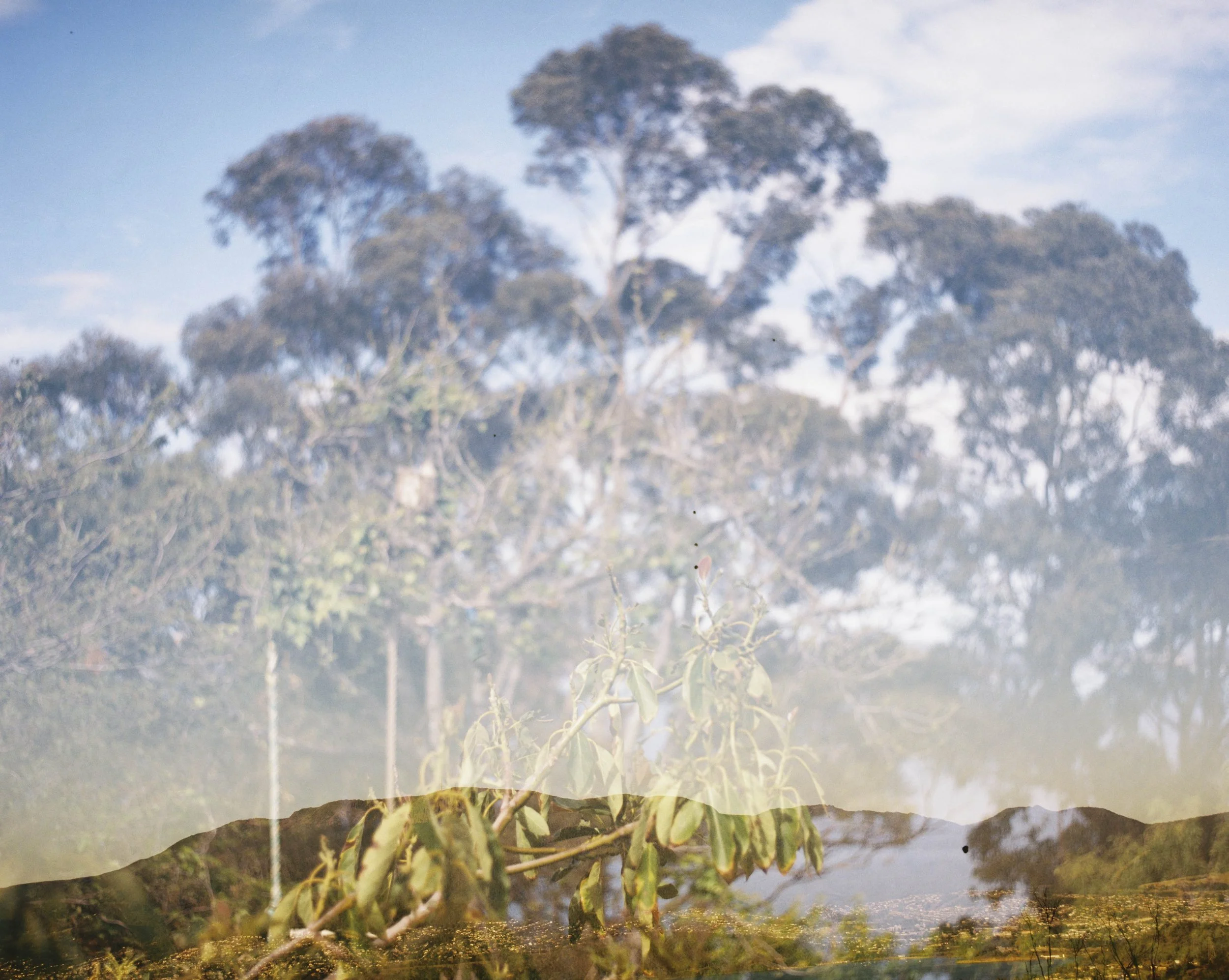To think, or not to think,
That is the question.
River Derwent Estuary.
To think, to form words, to solve problems, to understand the complex mechanisms that govern our lives marks our humanity. Through thought, we have learnt how to manipulate our environment, to suit our needs and aspirations. As people, we have the ability to think things through, or to think about a problem, and come up with an appropriate solution. Thoughts can turn into actions and outcomes. This allows us to work smart, not hard. Modern economics is governed by numbers, and our ability to manipulate them. These days the wealth of the world is determined by numbers in a virtual world that is abstract, yet has incredible power over our lives. Our ability to think has allowed us to build abstract models of the world, and through our belief in these abstract models, we have allowed these models to rule our world.
The long dead sea creatures, held in rock.
What is easy to forget is that there is a world outside of human thought. “I think, therefore I am.” The quote by Descartes characterises western thought, where we identify with our thoughts and discount forms of experience that are less thought focused. Our culture places such importance on thought that we have become blind to other forms of experience like sensing, feeling and being. We can think, or not to think. And if we don’t think, we still are. We don’t vanish into a puff of smoke. In fact, thinking can only exist with its counterpart; not-thinking. We can ‘not-think’, and still remain human. I’m calling Descartes out. And I’m calling him out because every action that we take has a price associated with it. If we listen to our thoughts, it means we shut ourselves off to other modes of experiencing the world. We can get stuck in our head, our head that is governed by thought, and become oblivious to the obvious that’s staring us in the face.
Little swing over big sea.
We have a much older way of operating in the world, before our frontal cortex developed into the word and number processing machine that it is, and this way of being relies on our instincts. These are actions that we take without having to think about them. Instincts are less tangible and a bit harder to pin down than thoughts. But even in today’s brain governed culture, we have phrases that allude to the importance of instinct. If our thoughts originate in our brain, then our instinct originates in our ‘gut’. Our ‘gut-feeling’ can warn us of danger, and while western science may scoff at this idea, western science has often been wrong in the past. Our instincts have kept us alive for millions of years before we learnt how to think. Discounting them now spells trouble.
Double exposure of eucalypt and kunanyi.
We have learnt how to think. And now, in the 21st century, I think it’s finally time for humanity to learn how not to think. We need to learn how to collectively let go of thoughts and listen to the older part of our brain that is responsible for governing our basic bodily functions; in other words, our survival. We need to start trusting our gut again. The easiest way I have found of turning off my thoughts is by spending time in nature or by observing my own breath. There is something about being surrounded by other living things and paying attention to the process that sustains our existence that helps us reconnect with our own nature. Thinking is part of our humanity. Not thinking is also part of our humanity. We can’t have one without the other.




